Genmax Generator Alternatives, Types, Prices, Pros & Cons, and Review Overall: As U.S. households and businesses increasingly look for reliable backup power, portable and inverter generators have surged in popularity. Genmax, a relatively new player in the space, is gaining traction for offering inverter generators that promise advanced features at lower prices compared to established brands. But how does Genmax stack up in the U.S. market, and what alternatives should consumers consider? Genmax Generator Review
This report explores Genmax’s product lineup, price points, advantages and drawbacks, and compares them to leading alternatives such as Honda, Champion, Generac, and Westinghouse.
Genmax Generator Review
What is Genmax, and who is it for?
Genmax is a generator brand known for portable and inverter-based units that emphasize affordability and feature-rich design. The company’s models target households, small businesses, and outdoor enthusiasts who want compact, quiet, and fuel-efficient solutions.
Typical U.S. buyers include:
- Homeowners looking for a storm or blackout backup.
- Contractors need portable power for job sites.
- RV owners and campers who require quiet inverter generators.
- Small business owners want emergency standby for essentials.
Market Context — Why Backup Generators Matter
- In the U.S., over 70% of homeowners experience at least one power outage annually.
- Extreme weather events such as hurricanes, ice storms, and wildfires are pushing demand for reliable home backup systems.
- The U.S. generator market is valued at $5.5+ billion and is expected to grow at a CAGR of 5–6% through 2030, with portable and inverter segments leading. Source
- Small-to-mid power generators (1–10 kW range) make up a significant share (around 50%) of unit sales, reflecting their popularity among households and RV users. Source
This explains why brands like Genmax are finding a foothold — they are appealing to a growing group of price-conscious, feature-seeking buyers.
Types of Genmax Generators
1. Small Portable Inverter Generators (1,000–2,000W)
- Who it’s for: Campers, RV users, homeowners powering essentials like lights and laptops.
- Why it matters: Lightweight, quiet, and produces clean electricity suitable for sensitive electronics.
2. Mid-Size Inverter Generators (3,000–4,500W)
- Who it’s for: Families needing blackout backup for fridges, TVs, sump pumps, and small AC units.
- Why it matters: Balances portability with enough capacity for medium household needs.
3. Large Inverter Generators (5,000–9,000W)
- Who it’s for: Homeowners requiring whole-home coverage or contractors needing job-site power.
- Why it matters: More power, electric start, longer run-times, often dual-fuel options.
4. Dual-Fuel Generators (Gasoline + Propane)
- Who it’s for: Rural homes, RV owners, and users wanting fuel flexibility.
- Why it matters: Allows backup even when gasoline is scarce, propane offers longer shelf life.
Genmax Generator Price List
- Small inverters (1,000–2,000W): $400 – $700
- Mid-size inverters (3,000–4,500W): $700 – $1,200
- Large inverters (5,000–9,000W): $1,200 – $2,000
- Dual-fuel options: Add ~$100–$200 above single-fuel models
By comparison:
- Honda EU2200i (2,200W inverter): $1,100 – $1,200
- Champion 4500W inverter: $850 – $950
- Generac GP6500 (conventional open-frame): $850 – $1,100
- Westinghouse iGen4500: $900 – $1,100
Pros and Cons of Genmax Generators
Pros:
- More affordable than Honda, Yamaha, or Generac inverter models.
- Inverter technology produces stable, safe power for electronics.
- Quiet operation compared to open-frame models.
- Compact designs with wheels and handles for portability.
Cons:
- Service and warranty support not as extensive as legacy brands.
- Mixed long-term reliability reports from users.
- Spare parts availability less predictable.
- Better suited for light-to-moderate use than heavy-duty, daily usage.
Genmax Generator Alternatives
Also, see: Apple iPhone 17 Pro Max Alternatives
1. Honda Generators
What it is: Honda is considered the gold standard in portable inverter generators. Their EU series (like the EU2200i and EU7000iS) are renowned worldwide for their reliability, ultra-quiet operation, and clean power.
Price range:
- Honda EU2200i (2,200W inverter) — around $1,100 – $1,200
- Honda EU7000iS (7,000W inverter) — around $4,500 – $5,000
Why go for Honda:
- Reliability: Built to last 10–15+ years with proper care.
- Quietest on the market: Noise levels often as low as 48–57 dB, ideal for camping or neighborhoods.
- Best for sensitive electronics: True sine-wave inverter technology ensures laptops, TVs, and medical equipment run without risk.
- Service network: Extensive dealer and service support across the U.S.
Best for: Buyers who want long-term ownership, premium quality, and peace of mind — even if it costs significantly more.
2. Champion Generators
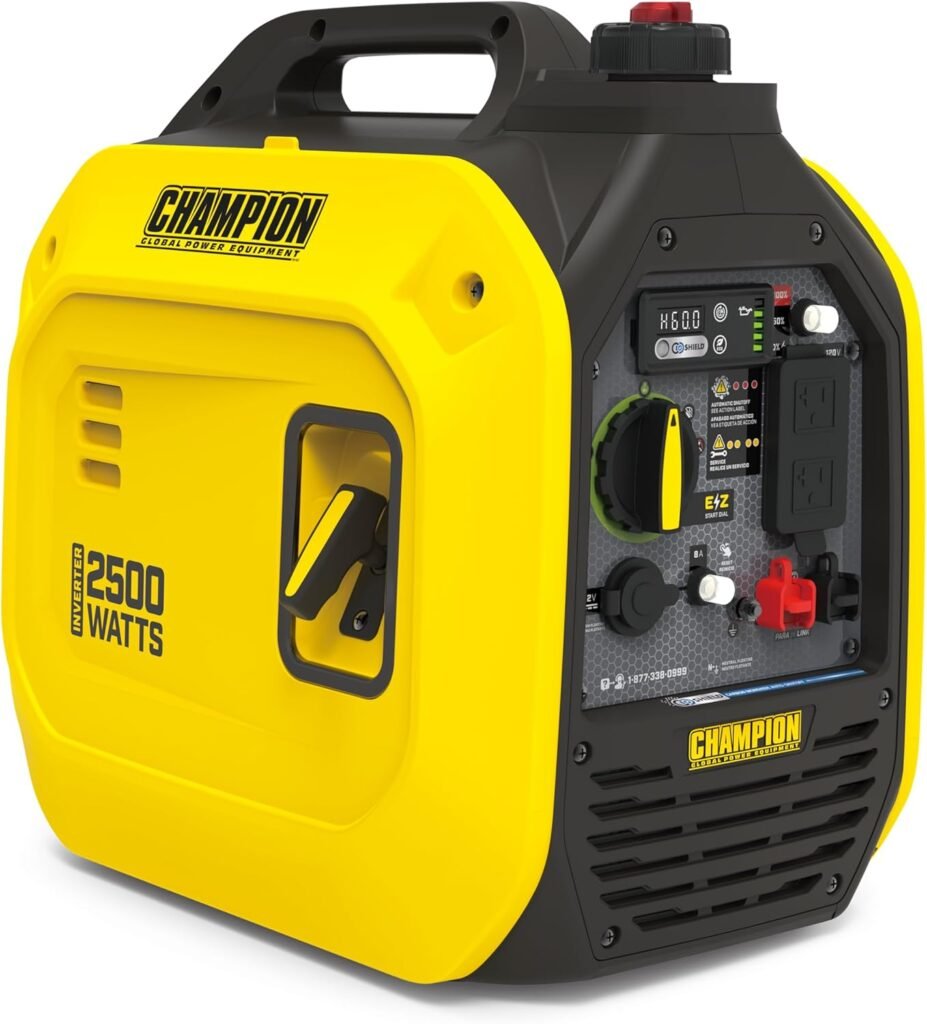
What it is: Champion has positioned itself as a value-driven U.S. brand that balances affordability with features. They offer a wide range from small 2,000W inverters to 9,000W dual-fuel units.
Price range:
- Champion 2500W inverter — $600 – $700
- Champion 4500W inverter — $850 – $950
- Champion 9000W dual-fuel — $1,200 – $1,400
Why go for Champion:
- Dual-fuel technology: Many models can run on gasoline or propane, providing fuel flexibility.
- Affordable inverter options: Cheaper than Honda but still offer clean sine-wave power.
- Decent run-times: Larger fuel tanks and eco-modes for extended use.
- Good support in U.S.: Readily available parts and service compared to newer import brands.
Best for: Families or RV users who want mid-range affordability, a balance of features and support, and aren’t ready to pay Honda prices.
3. Generac Generators
What it is: Generac is a household name in backup power and dominates the U.S. market for whole-house standby generators. In the portable segment, Generac also makes open-frame and inverter models.
Price range:
- Generac GP2500i inverter — $650 – $750
- Generac GP6500 open-frame — $850 – $1,100
- Generac Guardian 22kW standby (whole-home) — $5,500 – $6,500 (installation extra)
Why go for Generac:
- Whole-home standby systems: Ideal for homeowners who want permanent, automatic backup solutions.
- Trusted U.S. brand: One of the largest generator companies with a vast dealer/service network.
- Range of options: From small portables to 22–24 kW standby systems.
- Transfer switch integration: Many models are designed to hook up directly to home circuits.
Best for: Homeowners in storm-prone regions who want either affordable portable backup or a dedicated standby system with automatic switchover.
4. Westinghouse Generators
What it is: Westinghouse offers some of the most popular inverter generators in the mid-budget segment. Known for models like the iGen4500, they strike a balance between affordability and strong features.
Price range:
- Westinghouse iGen2200 inverter — $500 – $650
- Westinghouse iGen4500 inverter — $900 – $1,100
- Westinghouse WGen7500 open-frame — $850 – $1,100
Why go for Westinghouse:
- Strong mid-range value: Affordable inverter units with excellent reviews.
- RV-ready features: Many models include TT-30R outlets and remote start for RV use.
- Quiet for the price: Around 52–60 dB, making them competitive with more expensive brands.
- Good U.S. availability: Widely sold online and through big-box stores.
Best for: RV owners, campers, and homeowners who want affordable inverter power without stretching to Honda pricing.
5. Yamaha Generators
What it is: Yamaha, like Honda, is a premium Japanese brand known for portable inverter generators. Their EF and i-series models are highly regarded in outdoor and RV circles.
Price range:
- Yamaha EF2200iS (2,200W inverter) — $1,000 – $1,200
- Yamaha EF6300iSDE (6,300W inverter) — $3,500 – $4,000
Why go for Yamaha:
- Premium reliability: Similar to Honda, with durable engines and long service life.
- Quiet performance: Low-noise operation suitable for camping and residential areas.
- Fuel efficiency: Smart throttle technology adjusts engine speed to load.
- Lightweight design: Many small Yamaha inverters are designed for easy carry.
Best for: Outdoor enthusiasts, RV owners, and buyers who want premium performance and reliability with slightly lower prices than Honda’s equivalent models.
Comparison Table
| Brand / Model Type | Typical Price (USD) | Best For |
|---|---|---|
| Genmax Inverter (1–9kW) | $400 – $2,000 | Budget-conscious buyers, home backup, RVs |
| Honda EU Series | $1,100 – $2,000 | Long-term reliability, premium buyers |
| Champion Inverter/Dual-Fuel | $600 – $1,200 | Value seekers, RVs, mid-size home backup |
| Generac Portable (5–10kW) | $850 – $1,500 | Whole-home backup, small business standby |
| Westinghouse iGen Series | $500 – $1,100 | Affordable inverter for RV and camping use |
What People Say — User Sentiment
- Positive Reviews: Many U.S. buyers like Genmax for its affordability, quiet performance, and inverter technology at half the price of Honda. RV owners in particular highlight the good balance of noise and power.
- Negative Reviews: Some long-term users report issues with durability and service response times. For heavy-duty use, buyers often shift toward Champion or Honda.
Buying Checklist
- Service Support: Check warranty coverage and availability of local authorized service centers.
- Power Needs: Calculate the wattage of essential appliances. A fridge, sump pump, lights, and TV usually need 3,000–4,000W.
- Fuel Choice: Dual-fuel offers flexibility — propane is cleaner and stores longer, gasoline is more widely available.
- Noise Level: Inverter models are quieter (50–60 dB) compared to open-frame (~70+ dB).
- Portability vs Power: Decide between lightweight portability (2,000W) and whole-home coverage (5,000W+).
Popular FAQs
Q: Is Genmax as reliable as Honda?
No, Honda still leads in durability and service. Genmax is better for budget buyers who need features but can accept less longevity.
Q: Are Genmax generators safe for electronics?
Yes, inverter models provide clean power safe for laptops, TVs, and appliances.
Q: How long do Genmax generators last?
With proper care, light-use owners see 5–7 years of service. Heavy, daily use may shorten lifespan.
Q: Which is better — single-fuel or dual-fuel?
Dual-fuel offers more flexibility, especially in emergencies when gasoline is scarce.
Our Recommendation
For U.S. buyers, Genmax generators deliver an attractive balance of affordability and inverter technology. They are well-suited for light-to-moderate residential use, RVs, and camping, especially for budget-conscious buyers.
- Choose Genmax if you want quiet inverter performance at a lower cost.
- Choose Honda or Yamaha if reliability and service matter more than price.
- Choose Champion or Westinghouse if you want a balance of affordability, features, and stronger U.S. support.
- Choose Generac if your goal is whole-home standby power or larger installations.
As demand for backup power continues to rise across the U.S., Genmax is carving out a place in the market — but buyers must weigh the trade-off between upfront savings and long-term reliability.





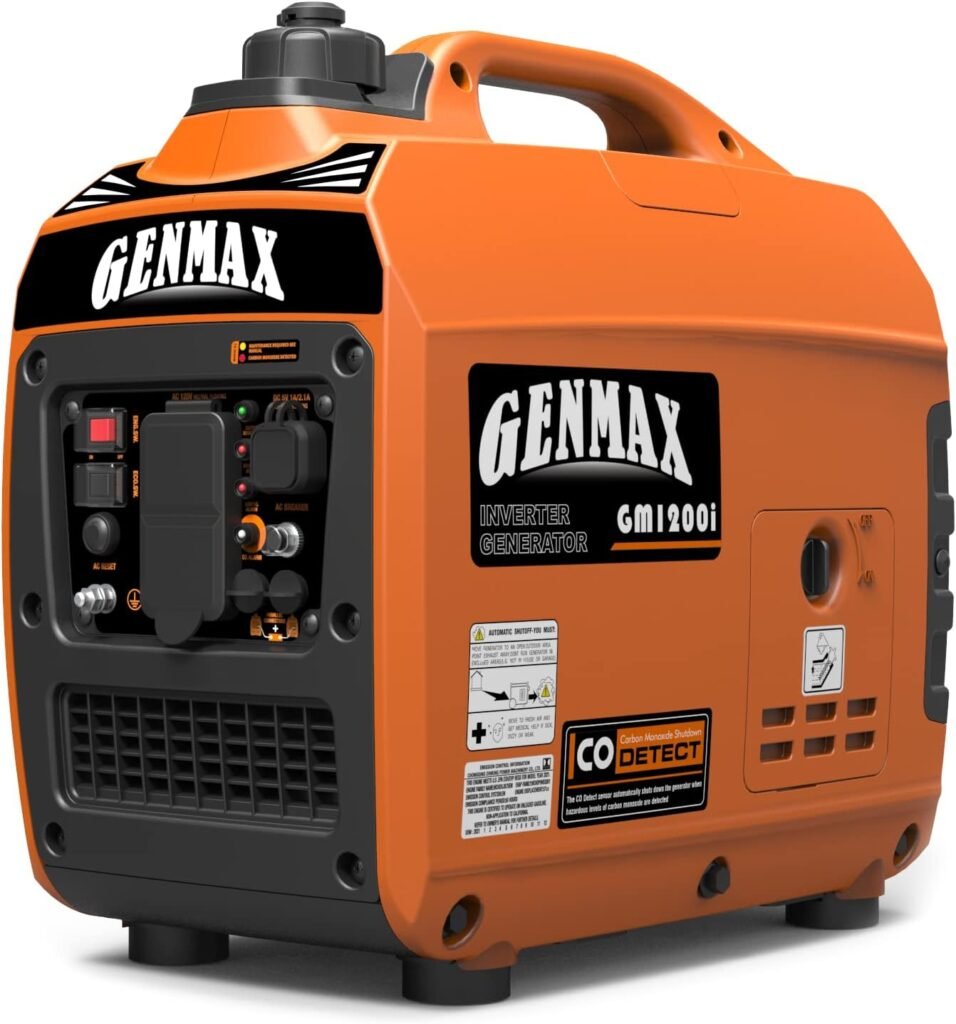

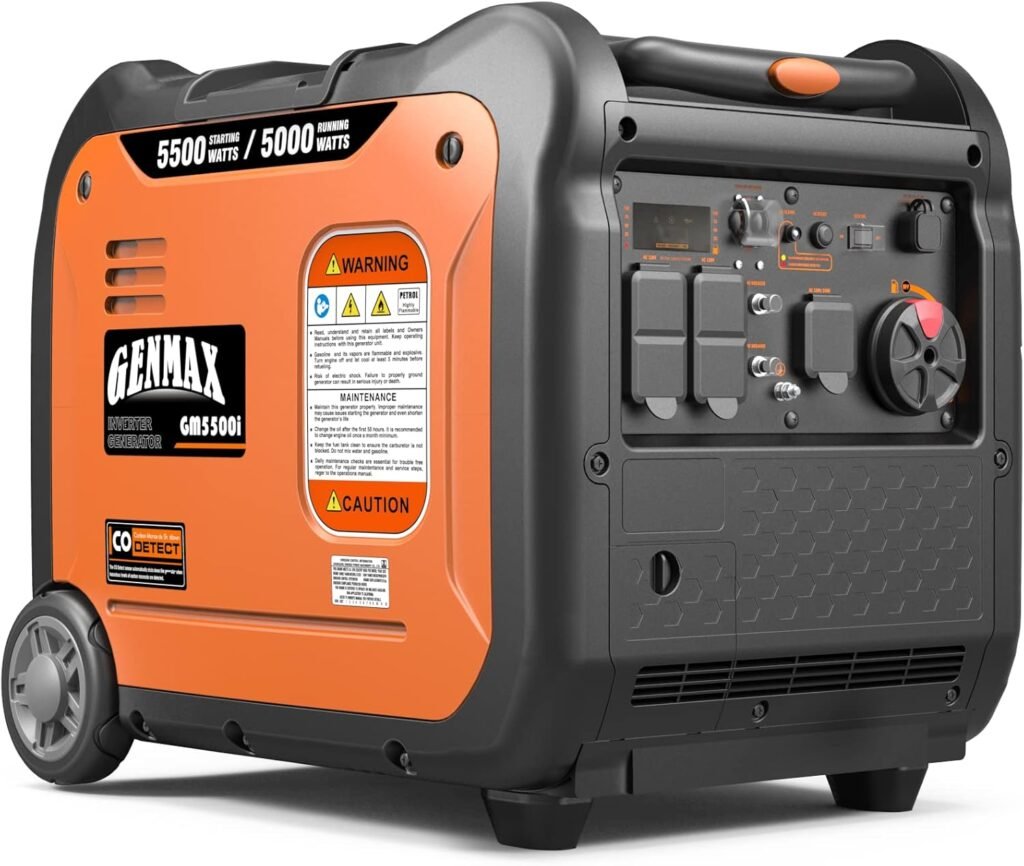
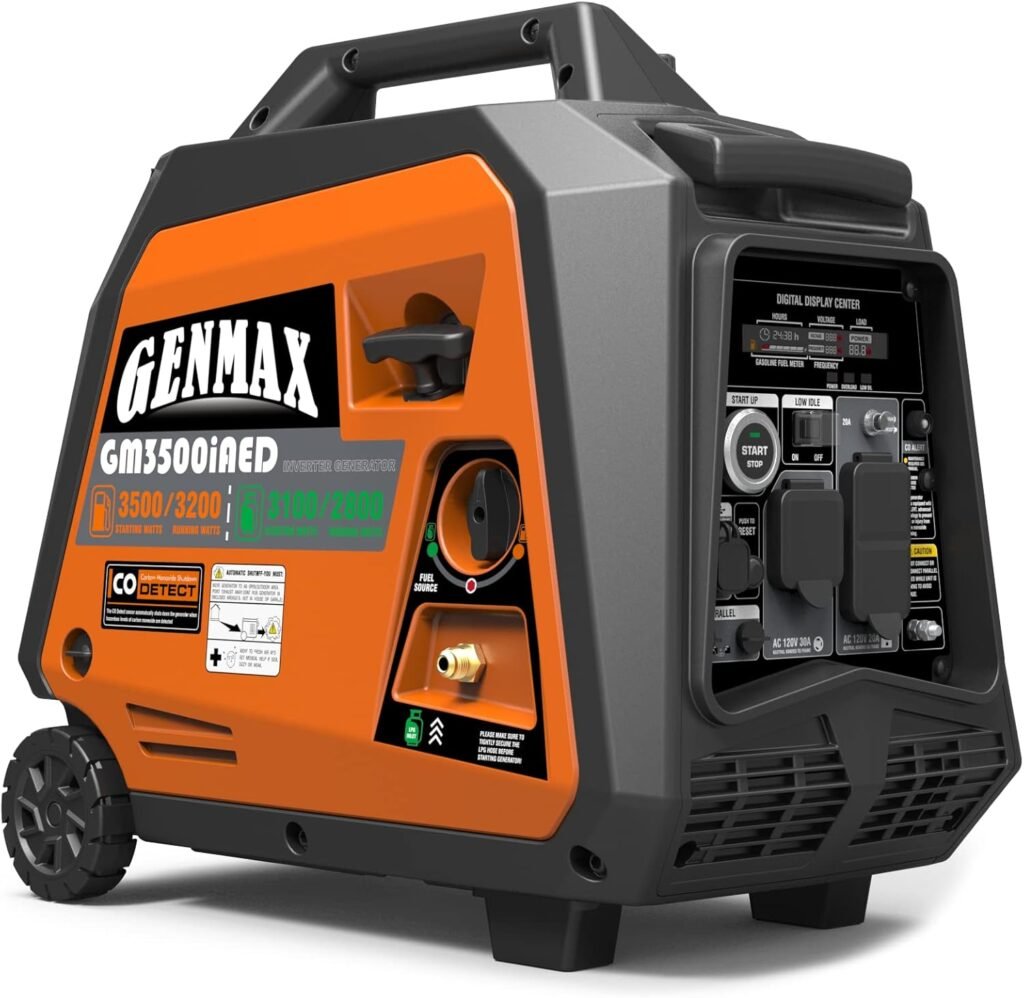
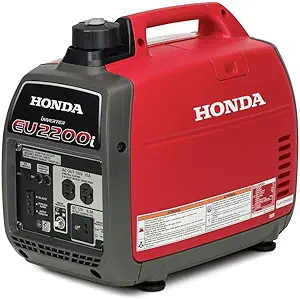
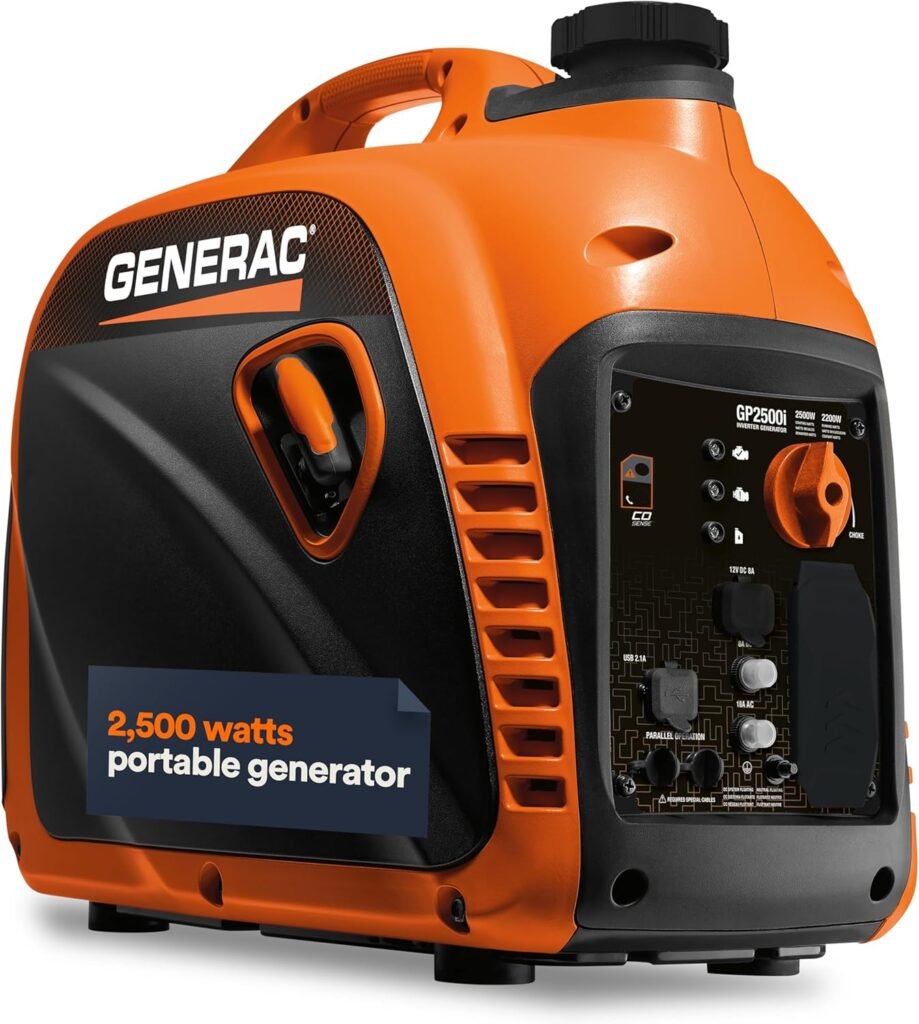
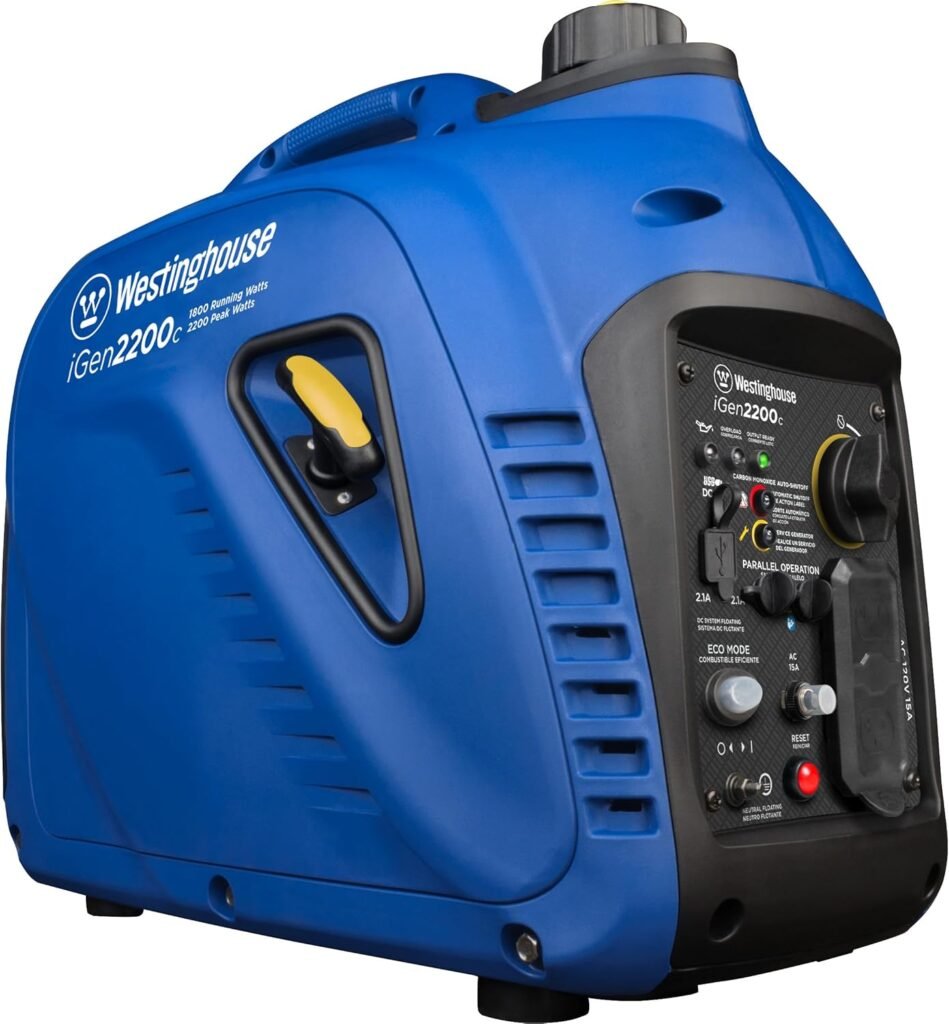
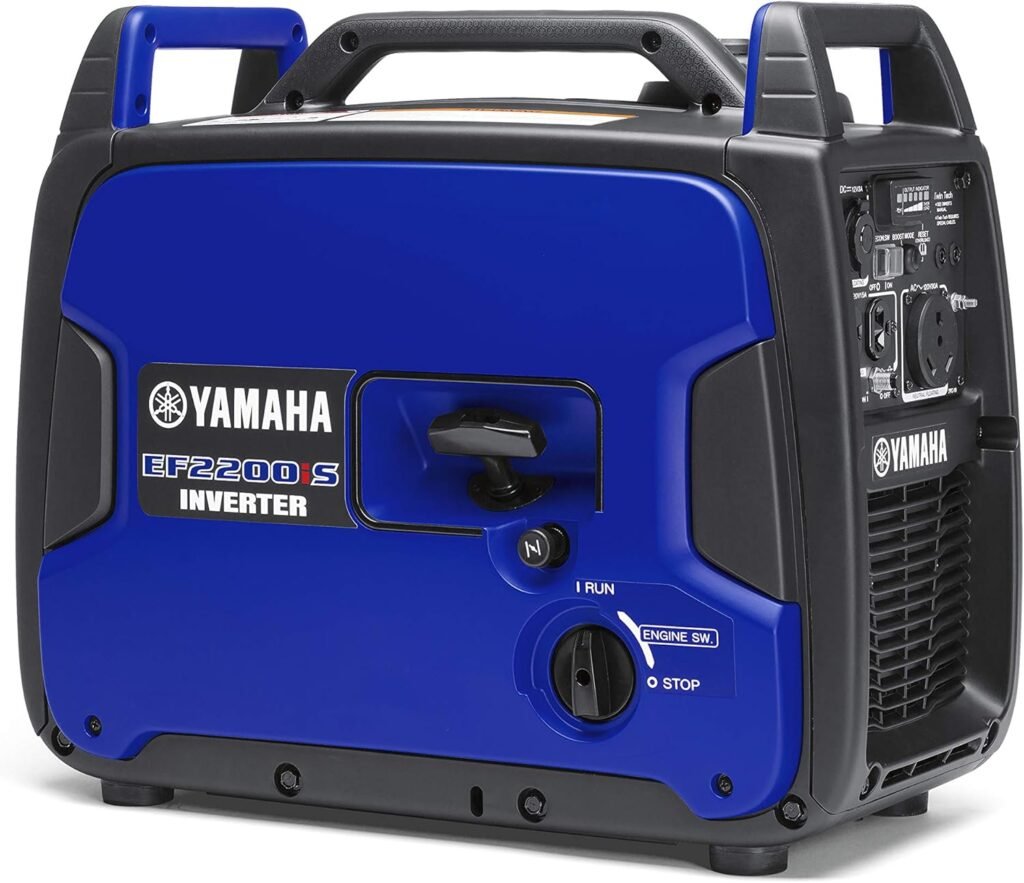

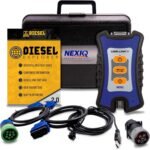
GIPHY App Key not set. Please check settings